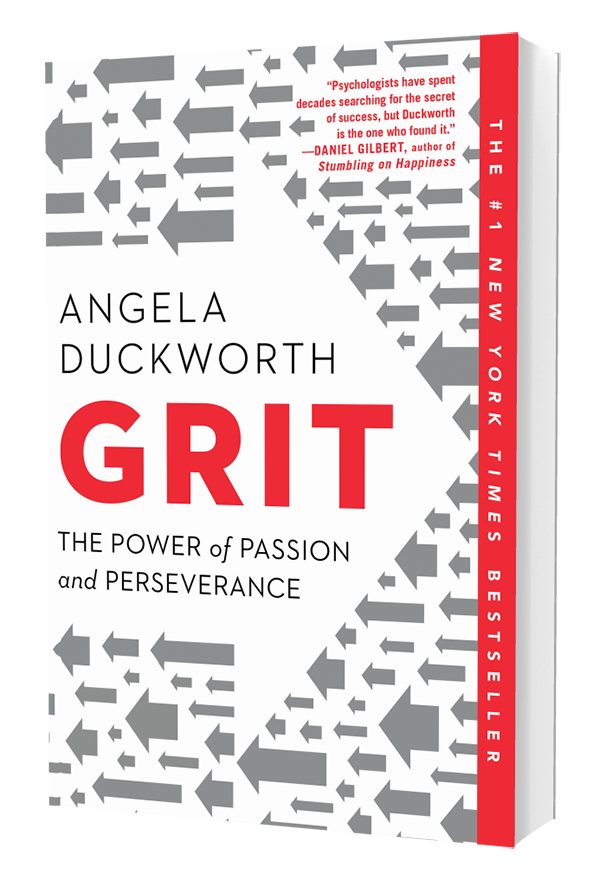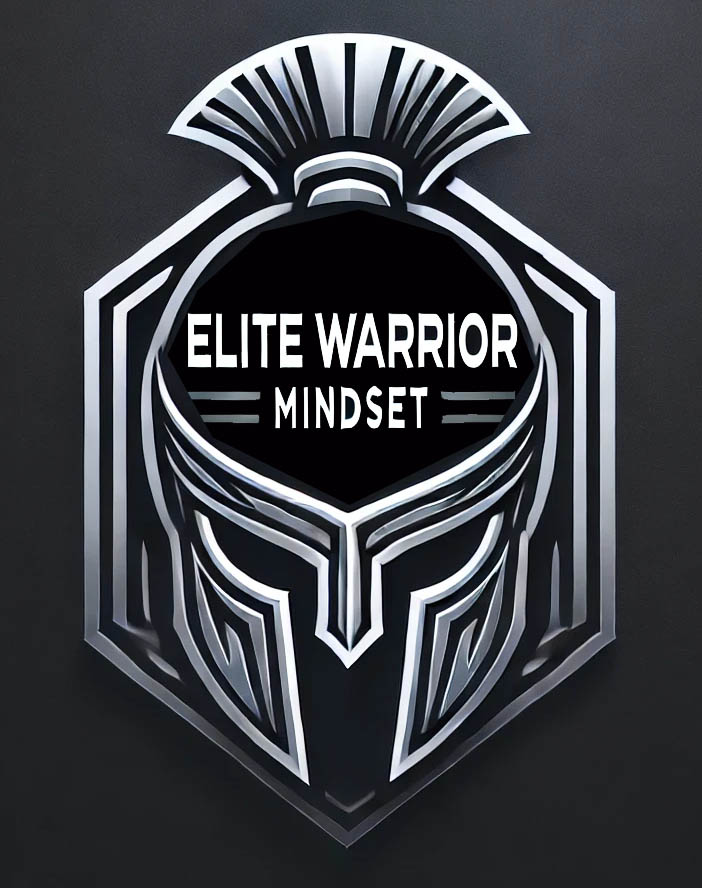Digging Your Way to Success by Building Your Mountain

At the heart of personal development and peak performance lies a simple but powerful truth—success is built from the ground up, often from a place of struggle. This article introduces the Wheeler Hole Theory, a metaphorical framework developed by Coach Wheeler to illustrate how overcoming challenges and pushing through obstacles is directly tied to the heights you will eventually reach. Just as you dig through your personal hole to lay a foundation, every effort, every challenge you overcome, contributes to building your mountain of success.
What sets this theory apart is the idea that every shovelful of dirt you remove from your hole is added to the top of your mountain. The effort you put in to dig out of your current circumstances doesn’t disappear; it elevates you, adding directly to the foundation of your success. The deeper you dig, the taller your mountain becomes. Each step, each moment of preparation, builds toward the summit of your achievements.
The Hole You Dig
In Wheeler’s theory, your “hole” serves as the starting point—where you are right now, facing your current limitations, doubts, or lack of skills. It’s the beginning of your journey, a place where you may feel stuck or even buried under the weight of challenges ahead. The good news is that you are standing on the ground that will make your mountain of success even higher. It’s probably the only time you will start at the top… of your hole… as you dig your way to success.
“The man who moves a mountain begins by carrying away small stones.” – Confucius
What Determines the Depth of Your Hole?
Your hole represents everything that currently holds you back:
- The skills you haven’t mastered.
- The knowledge you haven’t acquired.
- The obstacles or mental blocks that hinder progress.
- Basically, everything that you need to overcome to become a success, no matter how you might define it.
Here’s the catch: everyone has a hole to dig out of, no matter how successful they seem. Even the most accomplished individuals started from a point of struggle, a place where they had to put in the effort to climb out.
This is where Wheeler’s idea shines: every effort you make to dig out of your hole doesn’t go to waste. Instead of simply removing dirt, you’re adding it to the top of your mountain—your ultimate achievement.
The Effort of Digging:
Boulders or Breakthroughs?
As you dig, it’s not always going to be easy. You’re bound to encounter boulders—major obstacles that feel immovable at times. These boulders might be skill gaps, self-doubt, or external challenges like lack of resources or time. But instead of viewing them as impediments, Wheeler Hole Theory challenges you to see these boulders as breakthroughs in disguise.
The more you dig, the stronger you get. As you move the dirt and face the boulders, you also build your mountain of success. Every ounce of effort adds to the summit you’re creating. The deeper you dig, the higher your mountain grows. The more resistance you face, the more preparation you amass to climb higher than you ever thought possible.

In essence, the tougher the dig, the taller your mountain. When you encounter a seemingly immovable boulder, that’s your opportunity to uncover new strengths, develop new skills, and reveal talents buried beneath the surface. Author Angela Duckworth calls this quality “GRIT” (check out her book… it has some inspirational ideas for you too.)
Unearthing Hidden Talents
Digging through your hole isn’t just about getting rid of what’s in your way. It’s also about discovering new strengths and uncovering hidden potential. Many of the talents you never realized you had may be buried beneath the surface, waiting to be unearthed. And just like the soil you dig up, these talents don’t disappear—they are what help you build your mountain.
This shift in perspective is crucial. Rather than seeing the digging as pointless or overwhelming, you start to realize that every obstacle is a chance to improve. Every shovelful of dirt you remove not only frees you from your limitations but also raises the height of your mountain, bringing you closer to your goals.
The Connection Between
Effort and Elevation
Wheeler Hole Theory introduces you to a profound concept: the effort of digging out of your hole is directly connected to how high you’ll eventually climb. Every step forward in preparation, every skill you build, every mental block you overcome adds to the mountain you’re building beneath your feet.
Your success isn’t just a result of what you do when you reach the surface—it’s built on the accumulation of all the effort you put in during the climb out of your hole. This metaphor reinforces the idea that nothing is wasted. The harder you dig, the higher you go.
Champions Find a Way to Keep Digging
Wheeler’s theory also emphasizes that most people give up too soon. They may dig for a while, face a particularly tough boulder, and then stop—thinking that it’s not worth the effort. But here’s the key: champions keep digging, even when it feels like they’re getting nowhere. They understand that every moment spent moving dirt, chipping away at obstacles, is building the foundation for their eventual success.
There are countless examples of this in real life. Think of athletes like Serena Williams or Michael Jordan. Their success wasn’t a result of one massive effort but rather a collection of daily struggles and victories. Every practice, every missed shot, every setback became a part of the mountain they climbed to reach greatness.
“Effort only fully releases its reward after a person refuses to quit.” – Napoleon Hill, author of Think and Grow Rich
Navigating Challenges:
Quitting Doesn’t Mean Failing
Even when the digging gets tough, it’s important to understand that taking a break isn’t the same as quitting. Wheeler’s theory teaches us that knowing when to step back and rest is critical. Champions take strategic breaks, not to abandon their goals but to come back stronger, refreshed, and with new insight into how to keep moving forward.
The ability to pause, reflect, and return with greater energy is what separates those who succeed from those who give up. As the saying goes, “Rest if you must, but don’t quit.” You can return to the hole the next day with renewed strength, ready to dig deeper and continue adding to the top of your mountain.
Building Your Mountain of Success
As you continue to dig out of your hole, you’re simultaneously building something grander—a mountain of success that grows with every bit of dirt you remove. This mountain is built on preparation, perseverance, and effort.
Your Mountain Reflects Your Journey
The mountain you build isn’t just a symbol of success; it’s a reflection of your journey. It represents every lesson learned, every skill acquired, and every moment of mental toughness. And as you climb higher, you’ll look back and see just how far you’ve come.
The height of your mountain is determined by how much effort you’re willing to put in. The more shovelfuls you remove from your hole, the greater the heights you’ll reach. This concept not only motivates us to keep going but also reframes our perspective on challenges. Every obstacle is an opportunity to build our mountain higher.
Preparation Leads to Elevation
Success doesn’t happen overnight, and there are no shortcuts to the top of your mountain. Wheeler Hole Theory reminds us that success is earned, not granted, and it’s earned through the act of preparation. The digging you do today—no matter how difficult—lays the groundwork for the heights you’ll achieve tomorrow.
Each shovelful of dirt is an investment in your future, adding to the mountain you’ll one day stand upon. As you continue to dig, remember that your efforts are not wasted. They are elevating you, building something incredible with every step forward.
Remember:
Digging and Building Are One Process

The Wheeler Hole Theory provides a simple yet profound framework for understanding success. It teaches us that every bit of effort we put into overcoming our current limitations directly contributes to the success we’ll achieve in the future. Digging out of our hole isn’t just about breaking free from our struggles—it’s about building the mountain of success we’ll one day stand on.
So as you reflect on your own journey, ask yourself: Are you willing to dig deep enough? Are you prepared to face the boulders, knowing that each obstacle moves you higher? Every shovelful you dig from your hole adds to the top of your mountain. Keep going, and soon enough, you’ll reach the summit.
Need more inspiration before you start applying the Wheeler Hole Theory in your life? Check out Coach Wheeler’s article titled, Embrace The Grind.


